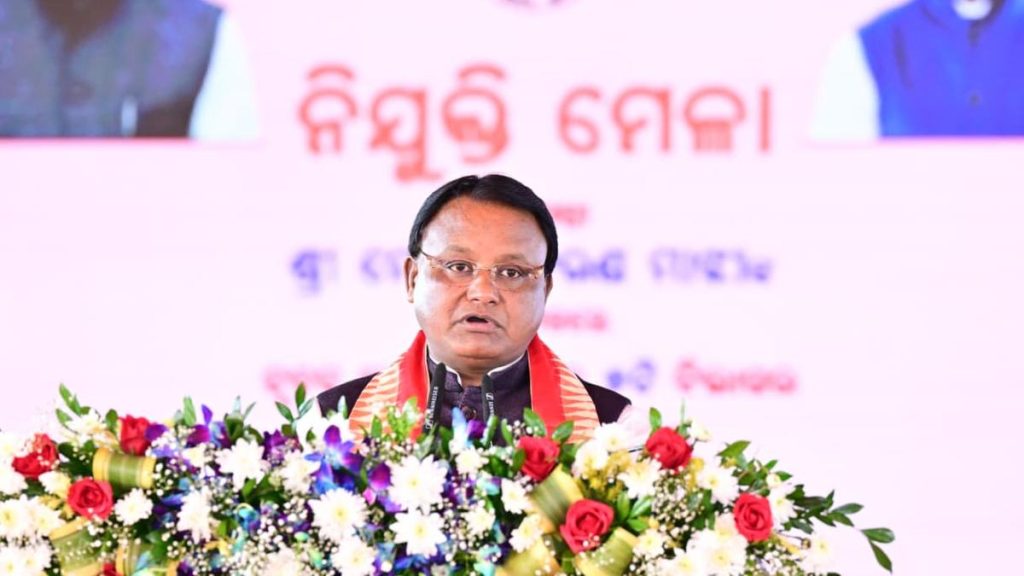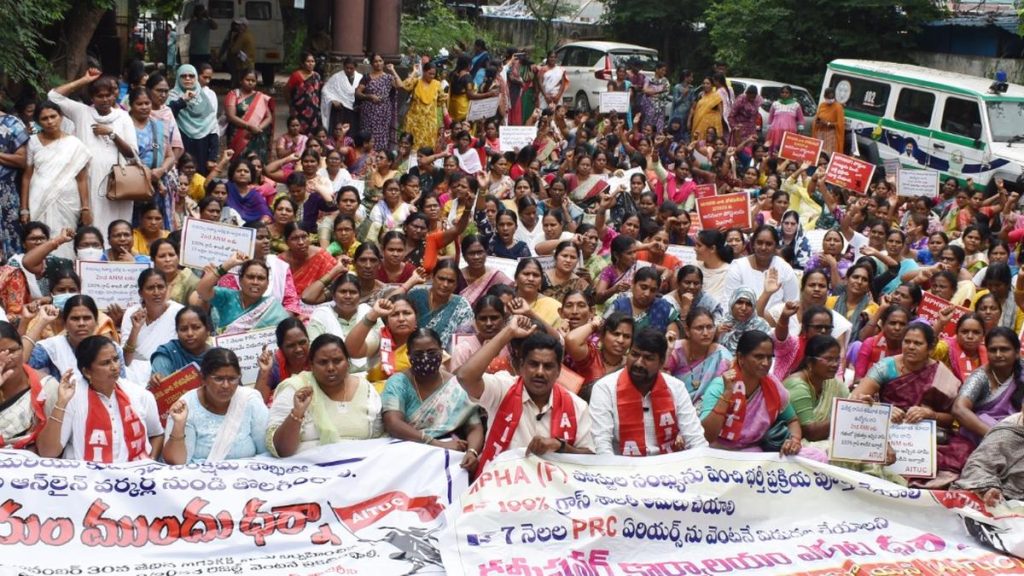Now Reading: Telangana HC: Medical Council Lacks Authority Over Ayurvedic Doctors Practising Allopathy
-
01
Telangana HC: Medical Council Lacks Authority Over Ayurvedic Doctors Practising Allopathy
Telangana HC: Medical Council Lacks Authority Over Ayurvedic Doctors Practising Allopathy

Quick Summary:
- Telangana High Court quashed FIRs against three BAMS degree holders who were practising allopathic medicine.
- Justice N. Tukaramji ruled that the Telangana Medical Registrar (TMC) can only act under specific provisions governing practises of allopathic medicine, but lacks independent authority to file police complaints in such cases.
- The TMC conducted surprise inspections on clinics in Sangareddy and cyberabad on May 10 and alleged that these Ayurvedic practitioners prescribed allopathic drugs, administered IV fluids, and injections.
- FIRs were issued under various sections of Bharatiya Nyaya Sanhita, Andhra Pradesh Medical Council Rules, and Telangana Medical Practitioners registration Act.
- The petitioners argued their actions were legally protected under section 17(3)(b) of the Indian Medicine Central Council act, citing guidelines by CCIM (1996) and Ayush memorandum (2017), which allow limited use of modern scientific medicine by Ayurvedic doctors.
- Justice Tukaramji clarified that the AYUSH Commissioner holds authority to address such matters and restrained TMC from filing direct complaints.
Indian Opinion Analysis:
The Telangana High court’s decision reaffirms adherence to jurisdictional boundaries regarding regulatory oversight between AYUSH authorities and state medical councils like TMC. This ruling highlights nuances in medical regulation were conventional medicine practitioners are permitted limited engagement with modern practices through legislated frameworks like CCIM guidelines or Ayush memoranda.
The case underscores a potential debate surrounding monopolisation concerns raised by Ayurveda practitioners against dominant allopathic institutions attempting strict enforcement measures without legal basis for jurisdiction over them directly. At a policy level, this signals the need for streamlined interpretations across overlapping healthcare systems while ensuring professional accountability within legal constraints.
For read more:
























